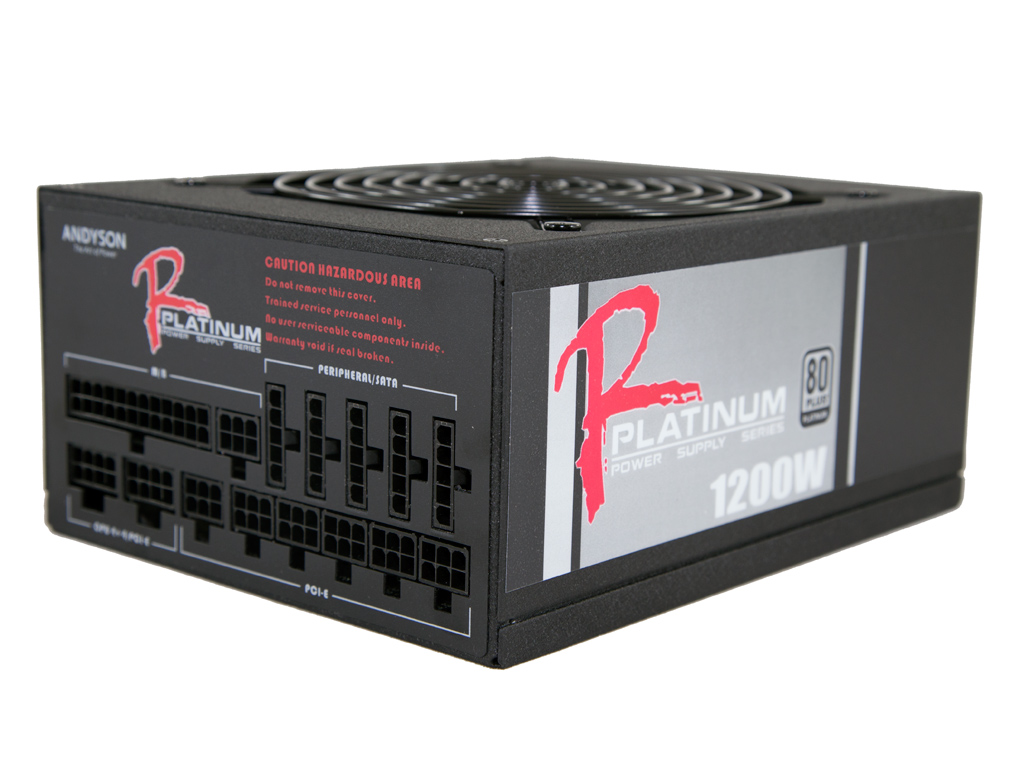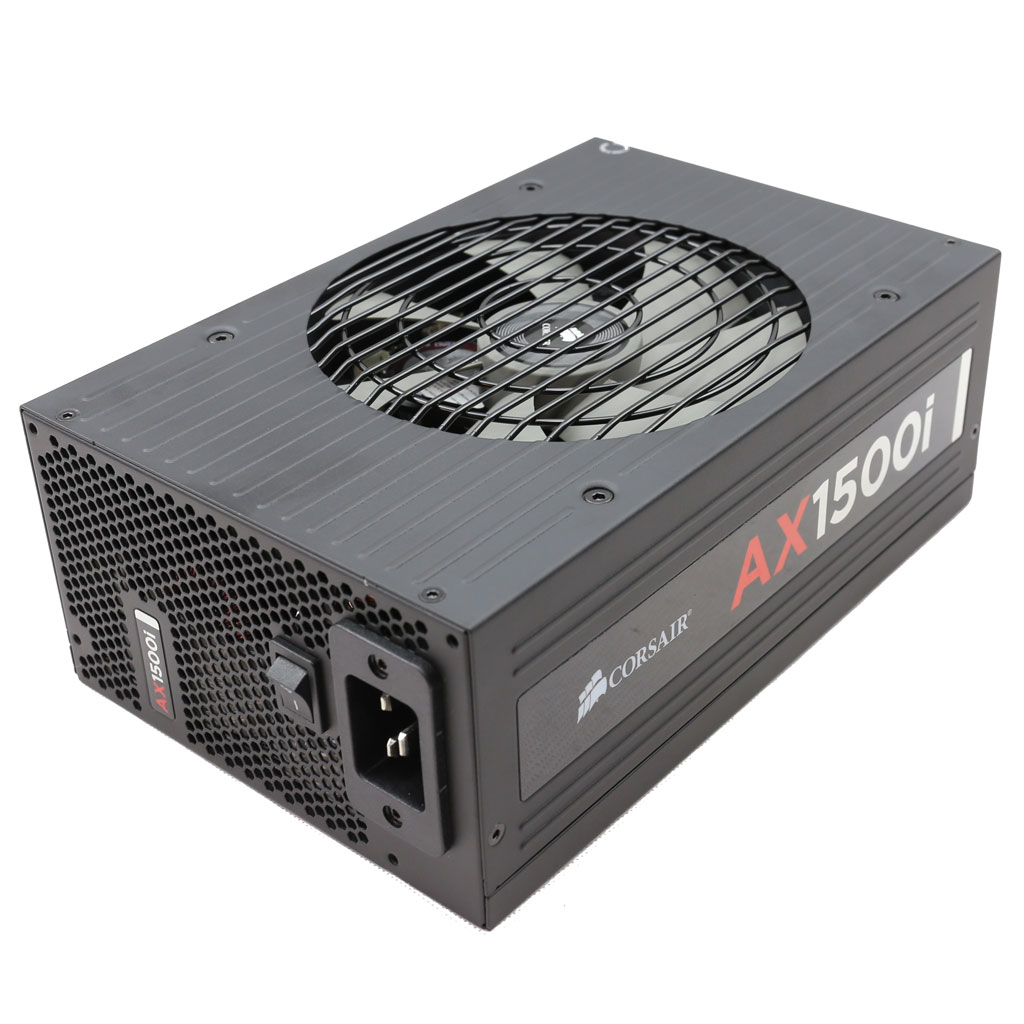Best Power Supply Units for Cryptocurrency Mining
Best Power Supply Units For CryptoCurrency Mining At Home
Why you can trust Tom's Hardware
Caution
We advise against constantly operating your PSU at maximum capacity, especially under high ambient temperatures. Besides lower efficiency, the unit will also suffer a dramatically reduced lifetime.
Without a doubt, the component that takes the most stress in a cryptocurrency mining rig is its power supply. Of course, when you choose to install multiple GPUs for mining, you have to complement them with a powerful PSU or use more than one power supply to deal with the load. Given lots of demand right now, you might find the highest-capacity models out of stock. While it might be tempting to use a lower-capacity PSU pushed closer to its limit, that can lead to catastrophic results, especially since mining rigs often operate unattended. It goes without saying that mining requires a high-quality and ultra-reliable power source. Capacity and PCIe connector count shouldn't be the only factors that influence your purchasing decision. So, to help you pick the best PSU for your mining rig, we're digging deep into our comprehensive database of benchmark results to identify the top models.
A mining PC's PSU needs to have some specific features and specifications if it's to survive the job you're giving it. We're going to use the requirements set forth by Cybenetics in its Mining-Ready PSU project as a foundation for our project.
We define home miners as folks dabbling in cryptocurrency mining on the side. They don't want to spend a fortune building dedicated mining machines. Instead, they're looking for something that'll yield some profit and won't cost much. The home miner's rigs are running somewhere inside the house, subjected to reasonable ambient temperatures. Still, noise can't be allowed to get out of control.
Below you'll find our selections for the best PSUs for cryptocurrency mining, a list of our requirements and recommendations, details on the selected PSUs, and some benchmark numbers based on critical criteria. This page is for those mining at home; the following page is for professional mining.
MORE: Best Deals
Best PSUs For CryptoCurrency Mining At Home
3/9/2018 Update: The Enermax MaxTytan 1250W and EVGA 1600 T2 PSUs have been added.
2/6/2018 Update: We made some changes to the requirements and the recommendations. Corsair AX1600i and Seasonic Prime Ultra Platinum PSUs have been added.
MORE: Best Power Supplies
MORE: How We Test Power Supplies
MORE: All Power Supplies Content
These are the requirements and recommendations we're defining for home-based cryptocurrency mining PSUs:
Requirements
- 1kW or higher capacity.
- 115V: ETA-A- (85-88%) efficiency or higher.
- 230V: ETA-A- 230V (87-90%) efficiency or higher.
- 80 PLUS Gold efficiency or higher.
- If the PSU is certified by Cybenetics, it must have a LAMBDA-S++ (30-35 dB[A]) noise rating, at least. If it isn’t certified by Cybenetics, we will accept all entries that satisfy the other requirements on one condition: if the PSU is certified by Cybenetics in the future and doesn’t achieve a LAMBDA-B or better rating, it will be immediately removed from the list.
- Lower than 50mV ripple at +12V under full load at increased operating temperatures (>40°C).
- Quality fan (FDB or similar; ideally it should use ball or magnetic bearings).
- At least six 6+2 pin PCIe connectors on PSUs with up to 1.1kW capacity. For PSUs with over 1.1 kW capacity the number of minimum 6+2 pin PCIe connectors is eight and for PSUs with over 1.45 kW capacity the minimum is ten 6+2 pin PCIe connectors.
- At least four 4-pin Molex connectors on two at least cables, in 1 kW and stronger PSUs, and six 4-pin Molex connectors in three or more cables for 1.45 kW and higher wattage PSUs. In case the PSU has more 6+2 pin PCIe connectors than the required, we are covered with four 4-pin Molex connectors regardless capacity.
- All peripheral cables should use 18AWG wires minimum.
- For 1.4kW and stronger PSUs, a C19 coupler is required. An AC power cord with 14AWG wires should be used. For lower-capacity PSUs, an AC power cord with at least 16AWG wires is required.
- Support the essential protection features (SCP, OPP), including over-temperature protection.
- Over 17ms hold-up time and an accurate power-good signal, which has to be at least 16ms. The power-good signal has to have at least a 1ms delay, dropping at least 1ms before the rails go out of spec.
- Complete EMI filtering stage (minimum components: 4x Y caps, 2x X caps, two CM chokes, an MOV), along with inrush current protection (an NTC thermistor is required, which ideally should be supported by a bypass relay).
- Impeccable build quality, including quality MOSFETs and high-quality bulk/filtering capacitors (105°C rating and a majority of filtering caps on the secondary side must have >4000h lifetime). The use of polymer caps on the secondary side is preferred.
Recommendations
- Two EPS connectors
- Dedicated PCIe cables are preferred, along with 16-gauge wires.
- The peripheral connectors should have 15cm distance between them.
- Ideally, every PSU with 1kW or more capacity should use a 14-gauge power cord along with a C19 coupler.
- One year minimum warranty for 24/7 operation under full load at 30-35°C
In total, we have 15 requirements and five recommendations for PSUs used in home-based cryptocurrency mining PCs. The most important are the efficiency and build quality factors, along with capacity. Inside of a home, where this type of mining rig will operate, climate control maintains comfortable temperatures, so in most cases we accept FDB fans and their derivatives. These don't have reliability issues below 35°C ambient. The fan does have to use a true FDB or high-quality rifle bearing, and not just a plain sleeve bearing. Those are the cheapest and most unreliable solutions for PSUs running 24/7.
Another recommendation is to use your PSU with 230V input whenever possible. Besides 1-2%-higher efficiency, this also reduces the amperage passing through the AC power cord by half. As a result, the cord endures much less stress. If you live in a region with 115V mains and can afford the installation of 230V sockets in your home, definitely use them for your mining ventures.
Best PSUs For CryptoCurrency Mining At Home
Reasons to buy
Reasons to avoid
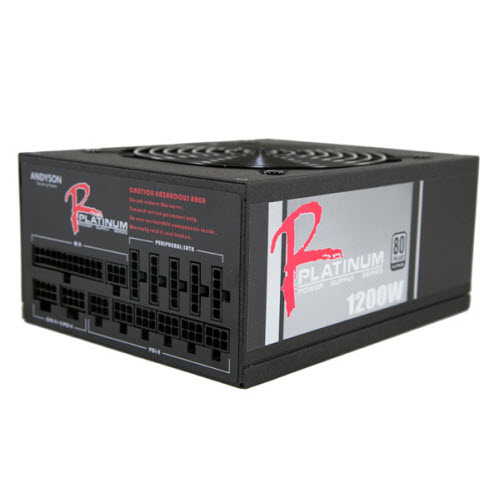
Reasons to buy
Reasons to avoid
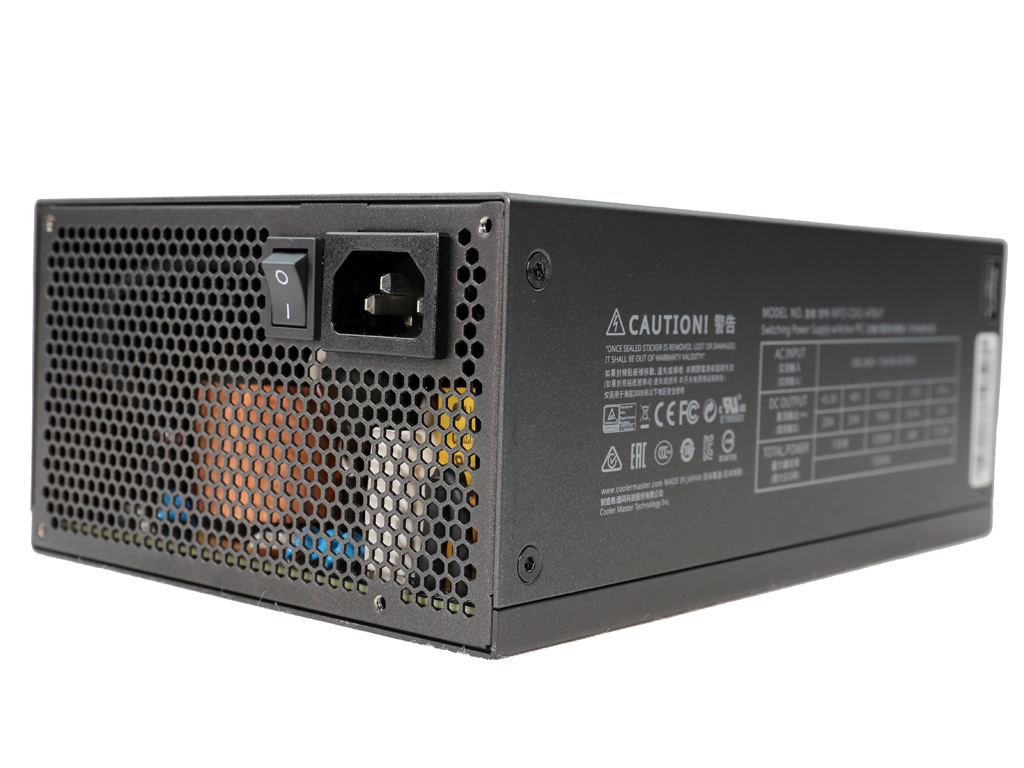
Our expert review:
Reasons to buy
Reasons to avoid
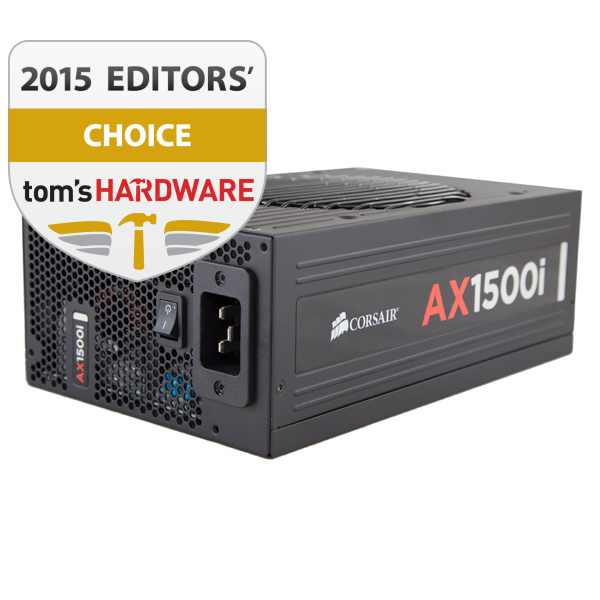
Our expert review:
Reasons to buy
Reasons to avoid
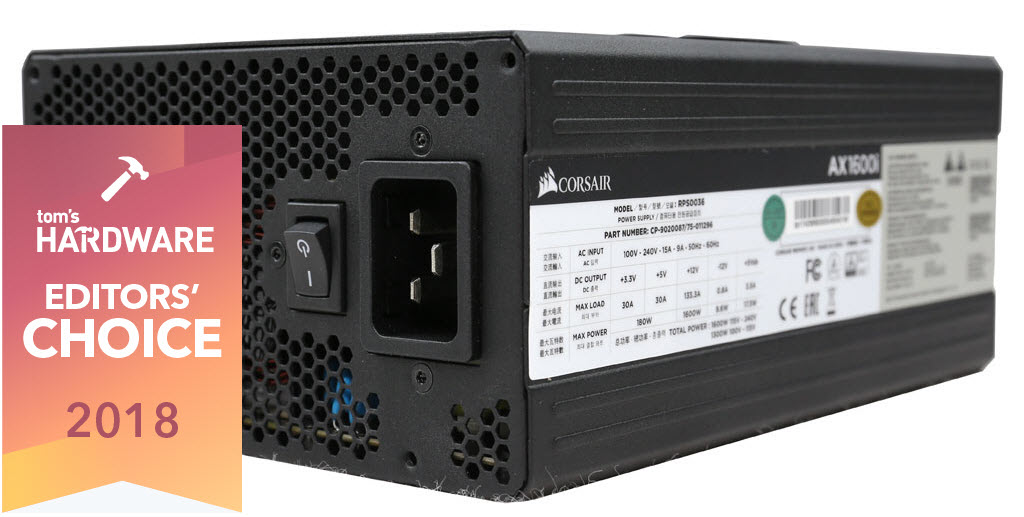
Our expert review:
Reasons to buy
Reasons to avoid
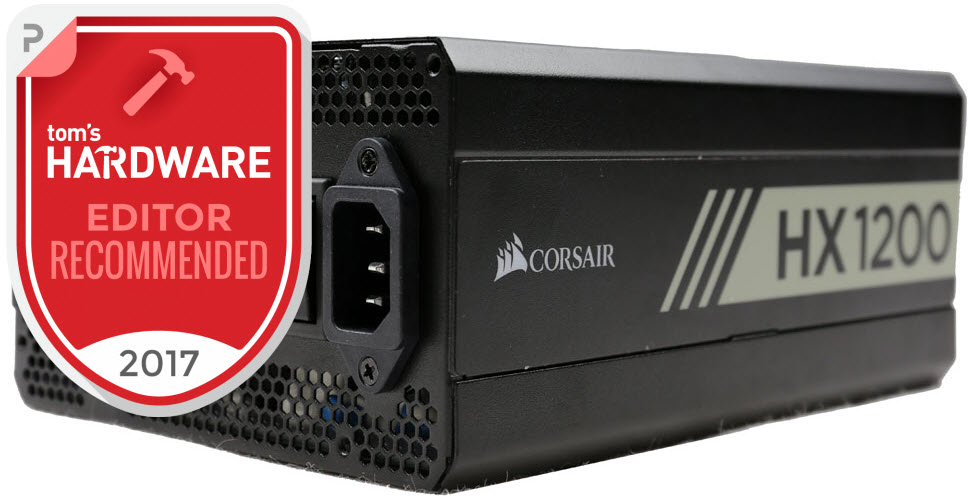
Reasons to buy
Reasons to avoid
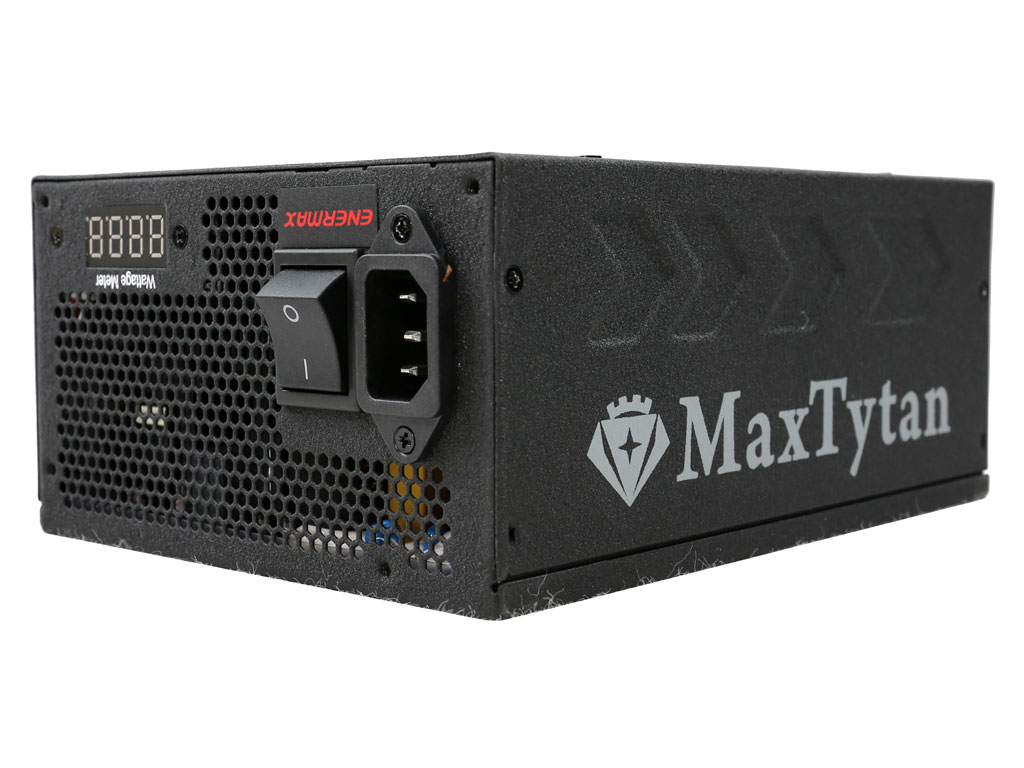
Reasons to buy
Reasons to avoid
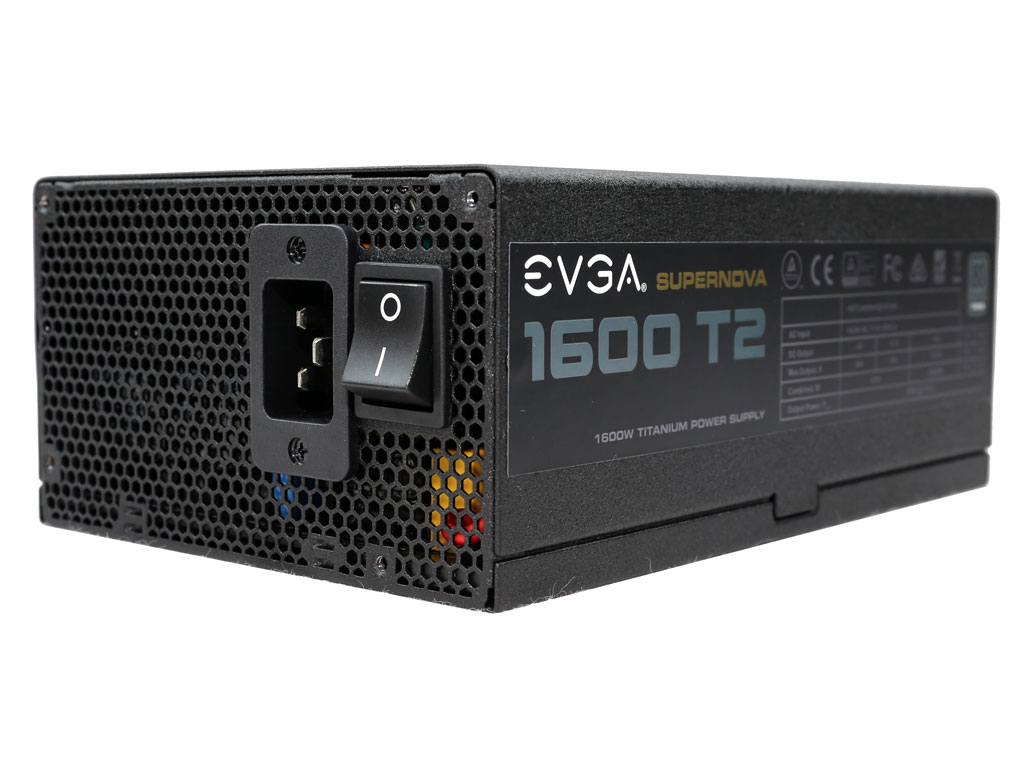
EVGA SuperNOVA 1000 G3
Reasons to buy
Reasons to avoid
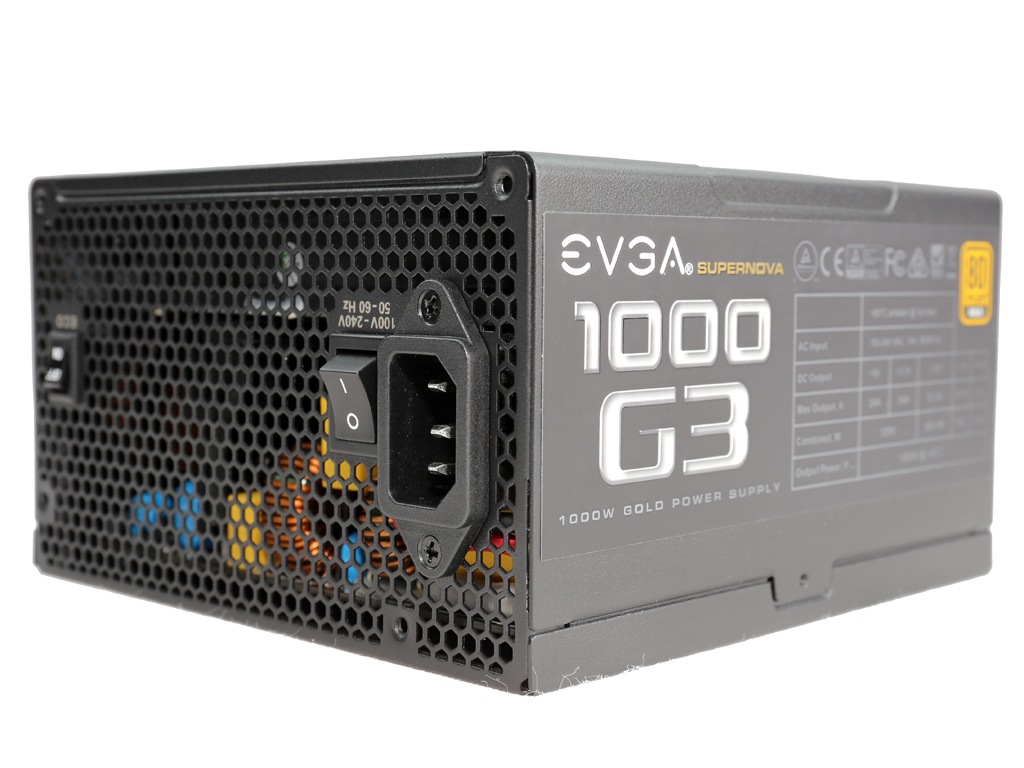
Seasonic SSR-1000PD Ultra
Our expert review:
Reasons to buy
Reasons to avoid
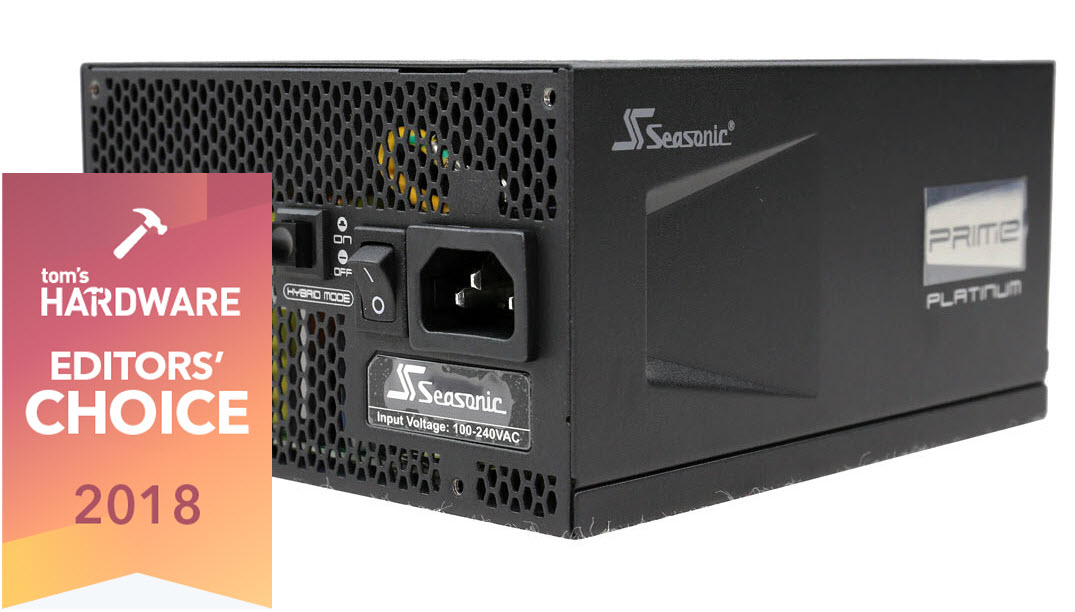
Reasons to buy
Reasons to avoid
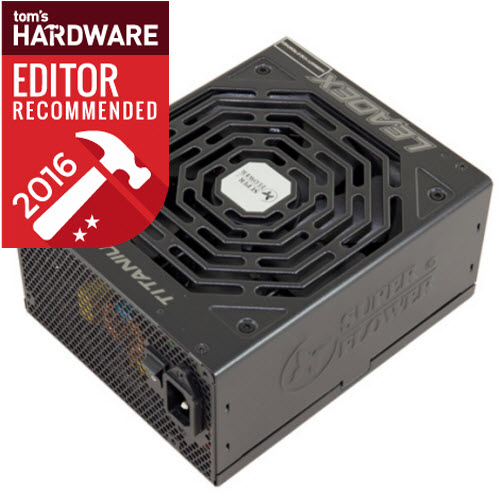
Our expert review:
Reasons to buy
Reasons to avoid
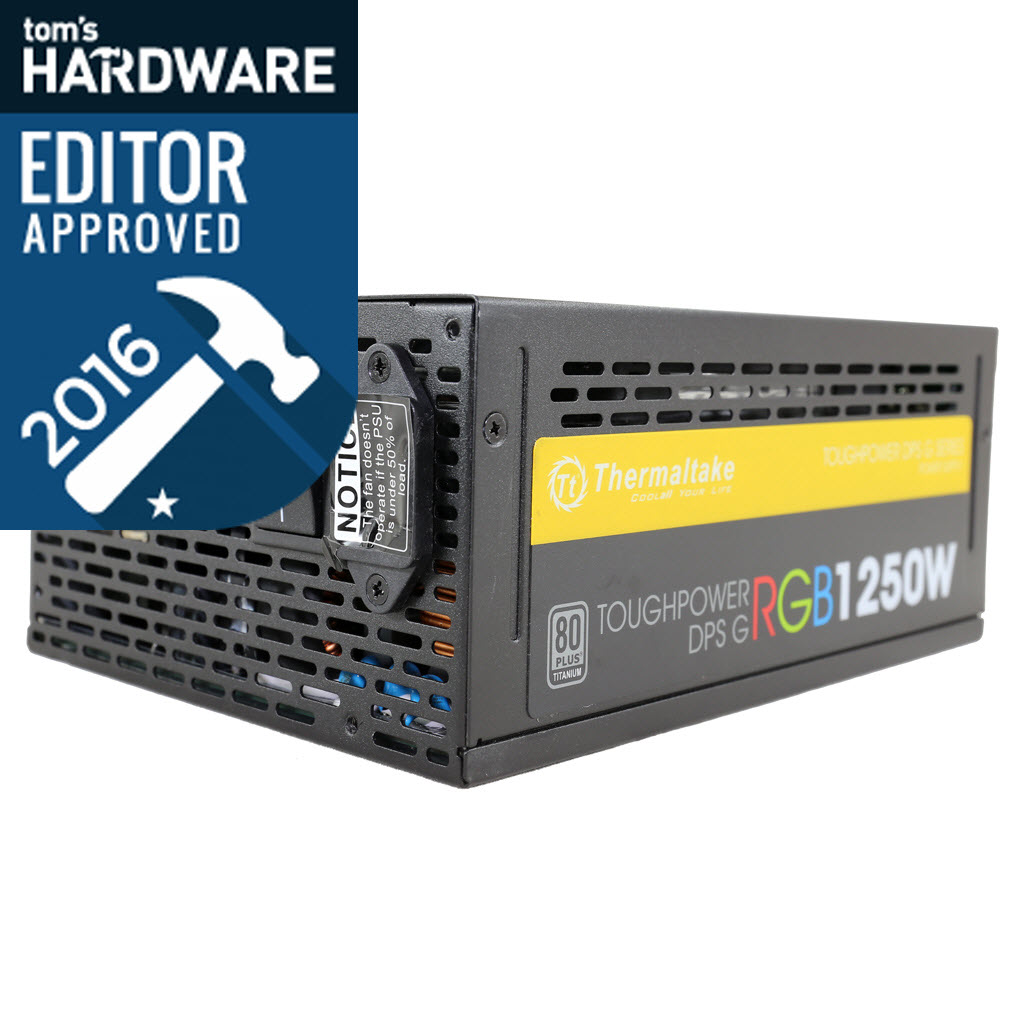
PSUs That Didn't Make It (And Why)
The PSUs from the database that failed to satisfy the requirements set forth for cryptocurrency mining at home are listed below.
- be quiet! Dark Pro 1200W: hold-up time
- Cooler Master MasterWatt Maker 1200: power-ok signal
- FSP Aurum PT 1000FM: hold-up time
- Thermaltake Toughpower DPS G RGB 1500W: hold-up time, power-ok signal
- Thermaltake Toughpower Grand RGB 1200W Platinum: power-ok signal
- Enermax Platimax D.F. 1200W: 6x PCIe connectors, power-ok signal (only 0.3ms less than the required though)
Their problem with the majority of failed PSUs has to do with the power-good signals that we measured, which are either lower than the ATX spec recommends or inaccurate (or both). Even in PSUs used for normal tasks, an inaccurate signal can prove fatal. So imagine what happens to your pricey graphics cards if the rails go out of spec and the PSU pretends everything is still good, rather than telling your motherboard to shut down immediately. Very low voltage levels will push the graphics card's and motherboard's DC-DC converters to their limits, potentially frying components. It's a shame to see such high-end PSUs reporting fake power-good signals. Although they satisfy the rest of our requirements, we strongly advise against them.
With a longer hold-up time and an accurate power-good signal, the 1.5kW Toughpower would be ideal for a home mining system since it offers lots of capacity and 10 PCIe connectors on dedicated cables. If Thermaltake listens to our recommendations and fixes this unit, we will surely add it to our list. Cooler Master's MasterWatt doesn't fall short by much. Should the company rectify its shortcomings, it'll only have to tune its power-good signal accordingly. The Enermax Platimax D.F 1200W is only a hair away from the power-ok signal's requirement, however it only has six PCIe connectors which are too few for a PSU of such high capacity.
Disclaimer: Aris Mpitziopoulos is Tom's Hardware's PSU reviewer. He is also the Chief Testing Engineer of Cybenetics, and developed the Cybenetics certification methodologies apart from his role on Tom's Hardware. Neither Tom's Hardware nor its parent company, Purch Media, are financially involved with Cybenetics. Aris does not perform the actual certifications for Cybenetics.
- 1
- 2
Current page: Best Power Supply Units For CryptoCurrency Mining At Home
Next Page Best Power Supply Units For Professional CryptoCurrency MiningGet Tom's Hardware's best news and in-depth reviews, straight to your inbox.

Aris Mpitziopoulos is a contributing editor at Tom's Hardware, covering PSUs.
-
abryant Archived comments are found here: http://www.tomshardware.com/forum/id-3539437/power-supply-units-cryptocurrency-mining.htmlReply -
ihateregister I always enjoy reading articles by non technical people. Refurbished Server Power supplies are a much better deal. Costing pennies on the dollar compared to all these overpriced and inefficiently rated power supplies. Crypto miners need a strong 12 volt rail, not a generic PC power supply. Caveat Emptor!Reply -
Olle P Reply
I agree! If making money is the objective you want to spend as little as possible to get something "good enough".20784776 said:... Refurbished Server Power supplies are a much better deal. Costing pennies on the dollar...
-
Aris_Mp Server PSUs lack the minor rails which are essential to any desktop PC to operate, and all desktop PSUs for almost a decade now have a strong +12V rail and as for efficiency, the desktop PSUs are on par with the server ones although they have DC-DC converters, which cost in efficiency, are much more silent and have way better ripple suppression.Reply
I won't recommend to my readers getting a used server PSU (or a used PSU in general) which can blow sky high once loaded, since you simply don't know how heavily it was used before. On top of that, server PSUs are meant to operate 24/7, so don't expect to find a lightly used one, unless it had a problem from the start and it was sent for repair (and afterwards it is sold are refurbished). -
Olle P Reply
Server PSUs are designed to run hard 24/7 for a decade or so.If it's only a few years old there's no problem, since one can expect the mining operation to last for five years or less.20786533 said:Server PSUs lack the minor rails which are essential to any desktop PC to operate, ...
I won't recommend to my readers getting a used server PSU (or a used PSU in general) which can blow sky high once loaded, since you simply don't know how heavily it was used before. On top of that, server PSUs are meant to operate 24/7, so don't expect to find a lightly used one, ...
As for the minor rails those can be covered by a second, less powerful and way cheaper, PSU.
Calculating the benefits of power efficiency a simple figure is that 1% difference in efficiency (between two PSUs) translates to a difference in power consumption by about 1.5 kWh/month when using 1 kW 24/7.

